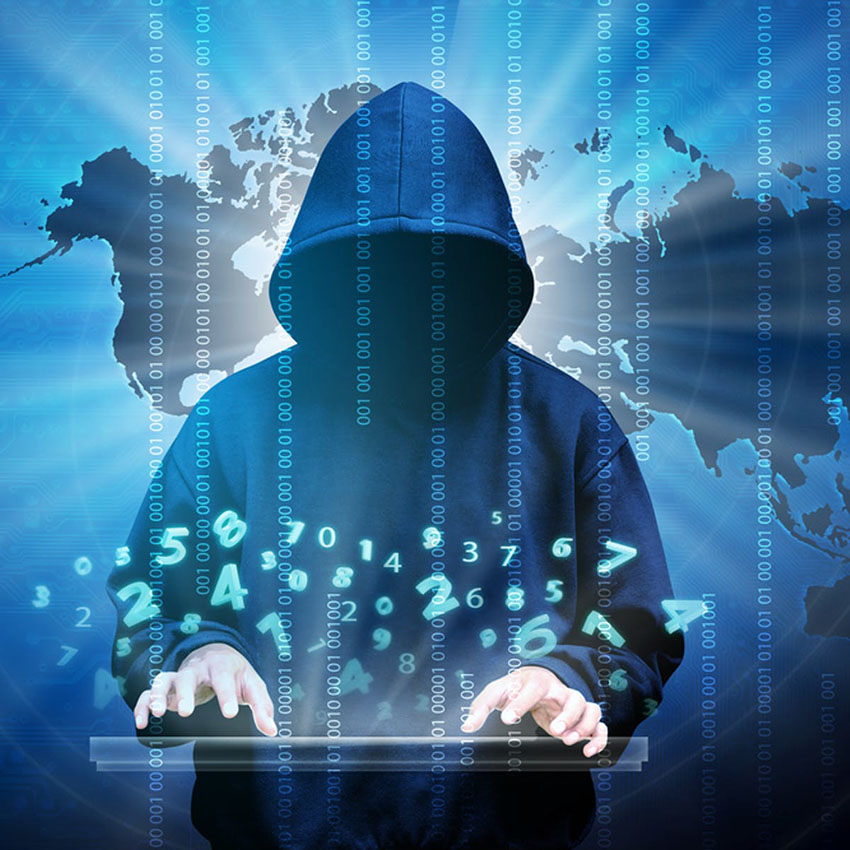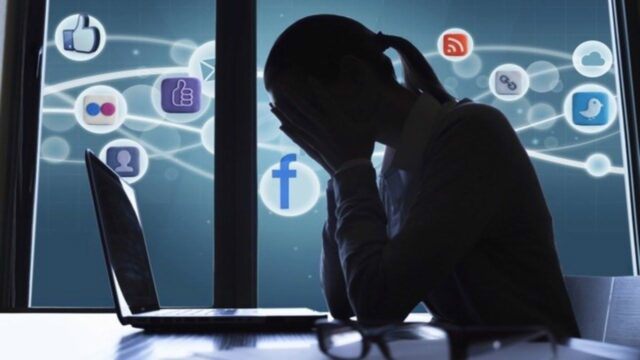UN Agencies and partners observe World Safer Internet Day on 6th February in an effort to foster a safer and more positive online environment
By R. Anil Kumar
-
This annual event is a global initiative to raise awareness about the importance of a secure Internet experience for individuals of all ages, with a particular focus on children and young people
-
The theme for Safer Internet Day 2024 is ‘Together for a Better Internet’, which revolves around promoting a secure online environment for all users, with a special focus on safeguarding children and young people. The initiative underscores the importance of staying safe and informed in the digital age
UNITED NATIONS, February 5. Safer Internet Day is celebrated on 6 February, every year. It is a platform to raise awareness about internet safety and encourage people to take steps to protect themselves from online threats.

The annual event promotes the safe and responsible utilisation of digital technology. It helps to raise awareness about online threat and ways to stay safe.
Young people are the driving force of connectivity globally, with 79% of 15 to 24-year-olds online in 2023, compared with 65% for the rest of the world’s population.
Children are also spending more time online than ever before. And they’re getting there sooner. Around the world, a child goes online for the first time every half second!
This has created unprecedented opportunities for children and young people to communicate, learn, socialize, and play, exposing them to new ideas and more diverse sources of information.
Risks of the Internet for young people

But with these opportunities come serious risks. Cyberbullying and other forms of peer-to-peer violence can affect young people each time they log in to social media or instant messaging platforms. Over a third of young people in 30 countries report being cyberbullied, with 1 in 5 skipping school because of it.
When browsing the Internet, children and young people may be exposed to hate speech and violent content – including messages that incite self-harm and even suicide. Young internet users are also vulnerable to recruitment by extremist and terrorist groups.
Digital platforms have also been used as vectors for disinformation and conspiracy theories that have a harmful effect on children and young people.
Most alarming is the threat of online sexual exploitation and abuse. It has never been easier for child sex offenders to contact their potential victims, share imagery and encourage others to commit offences. Some 80% of children in 25 countries report feeling in danger of sexual abuse or exploitation online.
Children can also be put at risk when tech companies breach their privacy to collect data for marketing purposes. Child-targeted marketing through apps – and the excessive screen time it often results in – can compromise a child’s healthy development.
What the UN is doing to protect young people online
The borderless nature of the Internet means keeping young people safe online is a global challenge. The UN is actively working to protect children and youth online through various programmes and initiatives.
Cybersecurity
The Child Online Protection (COP) Initiative is a multi-stakeholder network launched by the International Telecommunication Union (ITU) to promote awareness of child safety in the online world and to develop practical tools to assist governments, industry and educators. The ITU Guidelines on Child Online Protection are a comprehensive set of recommendations for all relevant stakeholders on how to contribute to the development of a safe and empowering online environment for children and young people.
Cyberbullying
The United Nations Children’s Fund (UNICEF) has teamed up with social media platforms to answer some of the most common questions about cyberbullying and give advice on ways to deal with it. UNICEF’s Kindly initiative aims to end cyberbullying — one message at a time.
Every first Thursday of November, the United Nations Educational, Scientific and Cultural Organization (UNESCO) marks the International Day against Violence and Bullying at School Including Cyberbullying, recognizing that school-related violence in all its forms is an infringement of children and adolescents’ rights to education and health and well-being. The day is an opportunity for stakeholders around the world step up efforts to ensure students’ safety at school and in online spaces.
Sexual exploitation and abuse
UNICEF prevents and responds to the online sexual exploitation of children at the country and global level. It supports coordinated national responses to online child sexual exploitation in over 20 countries – using the WePROTECT Global Alliance model – strengthening the capacity of on-the-ground responders to provide services to victims.

The World Health Organization (WHO), in its 2022 report on preventing online violence against children, focuses on child sexual abuse, including grooming and sexual image abuse and cyber aggression and harassment. The report highlights the importance of implementing educational programmes directed at children and parents.
Human Trafficking
Human trafficking is a global crime that trades in people and exploits them for profit. Human traffickers have become adept at using internet platforms to recruit victims and attract clients. Children and teenagers are susceptible to deceptive ploys in the search for acceptance, attention, or friendship and are often ‘courted’ by traffickers on social media platforms.
The United Nations Office on Drugs and Crime (UNODC) supports Member States in their efforts to prevent and combat human trafficking, including through online safety awareness activities aimed at children and young people.
Internet for Trust

UNESCO is spearheading the global effort to develop regulatory solutions to improve the reliability of information on digital platforms in the face of rising disinformation.
In February 2023, the UN agency hosted the Internet for Trust conference to discuss a set of global guidelines which aim to create a safe and secure internet environment for users while protecting freedom of expression and access to information. The guidelines urge digital platforms to recognize their specific responsibilities towards children who have a special status given their unique stage of development and limited political voice.

UNESCO is also the lead UN agency promoting media and information literacy (MIL), which empowers people to think critically about information and use of digital tools.
UNESCO strives to equip youth with media and information literacy skills empowering them to be leaders and peer educators in the creation and dissemination of MIL knowledge and resources.
Since 2016, it has been holding the Youth Agenda Forum to help young people learn about the latest developments in MIL. This is part of the annual Global Media and Information Literacy Week, a major occasion for stakeholders to review and celebrate the progress achieved towards media and information literacy for all.
Children’s rights in the digital age
Children’s rights are enshrined in the Convention on the Rights of the Child. The UN Committee on the Rights of the Child (CRC) that monitors implementation of the Convention has laid out the ways that young people and children should be treated in the digital world, and how their rights should be protected.

The Committee consulted with governments, civil society and over 700 children and young people in 27 countries, asking them how digital technology impacts their rights, and what actions they want to see taken to protect them. The findings were laid out in a ‘general comment.’
The Committee recommended that States take strong measures, including legislation, to protect children from harmful and misleading content. Children should also be protected from all forms of violence that happens in the digital environment, including child trafficking, gender-based violence, cyber-aggression, cyber-attacks and information warfare.
Children’s perspectives and experiences need to be considered when drafting policies that govern the use of young people’s digital use, as well as when designing the technology itself.
UNICEF supports the Global Kids Online and Disrupting Harm projects to gather evidence on children’s digital rights, opportunities, and risks to better understand how use of digital technology contributes to their lives and when it amplifies their risk of harm.
Safer Internet Day
UN agencies and partners, including innovators in the private sector, are forging a digital path towards boosting safety online, especially for children and young people.
With support from ITU, UNICEF and UNODC, Safer Internet Day is celebrated on 6thFebruary every year. From cyberbullying to social networking to digital identity, each year Safer Internet Day aims to raise awareness of emerging online issues and current concerns.





